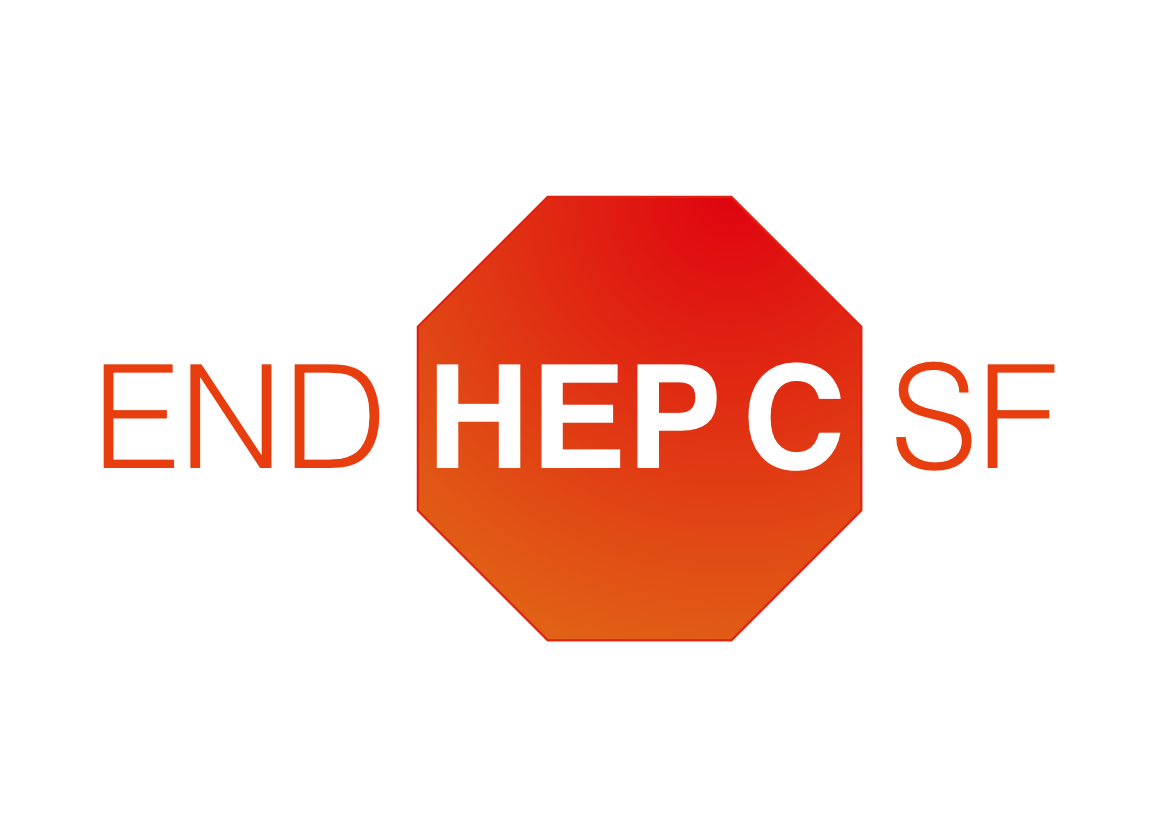Prevention, Testing, & Linkage
Strategic Priorities
- Increase mobile testing—especially for trans women, people who inject drugs (PWID), African Americans, and people who are unhoused.
- Increase venue-based testing in venues frequented by people likely to have high rates of undiagnosed or untreated HCV, such as syringe access programs, drug and alcohol/behavioral health programs, residential facilities, shelters, Single Room Occupancy hotels (SROs), and Project Homeless Connect. We plan to pay attention to geographic distribution of venues and particularly improve outreach to areas with poor access to HCV prevention, testing, and linkage services.
- Work with the Treatment Access workgroup to expand appropriate HCV treatment options in non-clinical spaces, including SROs, shelters, and navigation centers. This will include expansion of medication locker availability in a wide variety of settings, and increased collaboration with Navigator Network and other similar case manager meetings, to increase communication and visibility/awareness of HCV needs and services.
- Support rapid HCV start initiatives at places that serve PWID, such as syringe access services, mobile testing sites, health fairs, and other venues where PWID are present. This will require advocacy related to elimination of prior authorization requirements, to be done in collaboration with the Policy and Advocacy Committee, as well as an improvement in resources to support navigators to follow up with people receiving same-day treatment, and building of more responsive systems for Releases of Information.
- Broaden simple navigation and linkage models to provide ongoing community adherence support by increasing linkage/adherence support in the city’s new health access points (HAPs), and developing systems for check-in and ongoing support for people who access HCV medications in non-traditional settings.
- Increase the proportion of people who receive reflex RNA testing, by training more phlebotomists, promoting best practices regarding difficult vein access, utilizing new methods for disclosure of results to people unlikely to return to the testing setting, and advocating for FDA approval of point of care RNA testing.
- Improve awareness of HCV among the general public by promoting awareness and testing at health fairs and regular community events, and developing social media strategies and other social marketing campaigns targeting young adults at risk for acquiring HCV.
- Reduce HCV-related stigma via development and launch of an anti-stigma social marketing campaign (or similar) focused on providers, and wide dissemination of updated guidance expanding testing eligibility beyond only baby boomers and other “high risk” groups.
- Improve community leadership by people impacted by HCV and substance use by providing people with lived experience with meaningful opportunities, such as participation in a community navigator program, involvement in a speaker’s bureau, tabling or testing at events, or similar strategies.
- Explore methods to improve engagement in HCV services by all people living with HCV, including a specific intervention tailored to young people, to reduce demographic and geographic disparities in HCV care and outcomes.
- Continue to develop and host dynamic community meetings that attract a wide range of people living with HCV and other stakeholders, as a low-threshold engagement and community education tool. Specifically, we want to design community meetings that empower and encourage leadership among community members living with HCV.

End Hep C SF Strategic Plan 2020-2022
Strategic Priorities:
▪ Prevention, Testing, & Linkage
